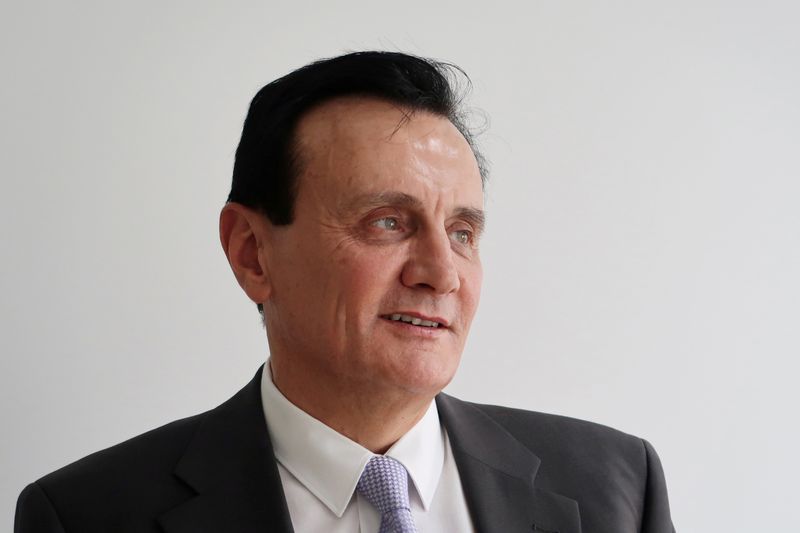LONDON (Reuters) - A number of investor advisory groups have called on AstraZeneca (NASDAQ:AZN) shareholders to oppose plans to increase Chief Executive Pascal Soriot's pay package when the COVID-19 vaccine maker holds its annual meeting on Tuesday.
AstraZeneca developed one of the first vaccines to tackle the novel coronavirus but the Anglo-Swedish company has suffered a series of setbacks, with disputes over supplies to the European Union and concerns over the risk of rare blood clots.
Frenchman Soriot, who has been in charge of AstraZeneca since 2012, received a total pay package worth 15.4 million pounds ($21.7 million) last year. Most of that comprised bonuses and long-term share awards on top of a base salary of 1.3 million pounds.
Under the new proposals, Soriot's maximum annual bonus will increase to 250% of base salary from 200%, and he will be entitled to long-term share awards worth up to 650% of his salary, an increase from the current 550%.
Investor advisory groups ISS, Glass Lewis and PIRC all recommended that shareholders vote against the increases on the grounds that the potential rewards were excessive.
AstraZeneca said the company's strong performance in recent years justified the rewards.
"This has resulted in AstraZeneca delivering a Total Shareholder Return of close to 300% over the last eight years, significantly ahead of our global pharmaceutical and FTSE 100 peers (at 183% and 44% TSR respectively)," a company spokesman said.
"The board wants to ensure that our remuneration policy keeps driving a performance in line with the ambitious expectations of our shareholders and other stakeholders," he added.
Chairman Leif Johansson will also be standing for re-election at the annual general meeting (AGM).
Johansson acknowledged in a letter to shareholders that he might be expected to stand down after nine years in the role but said the board had asked him to stay on to help oversee the completion of the planned takeover of U.S. group Alexion Pharmaceuticals Inc (NASDAQ:ALXN).
AstraZeneca agreed to buy Alexion last December for $39 billion in its largest ever deal, diversifying away from its fast-growing cancer business in a bet on rare-disease and immunology drugs.
Shareholders will vote on the Alexion deal in a separate meeting on Tuesday.

($1 = 0.7089 pounds)